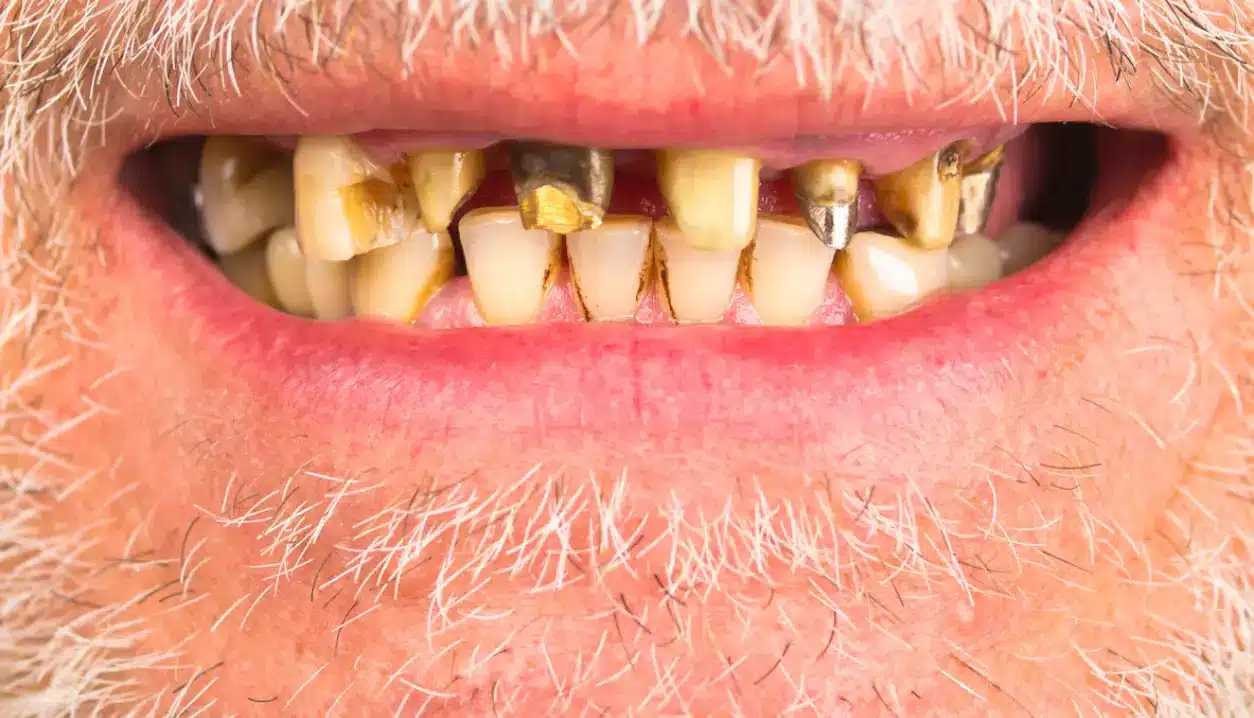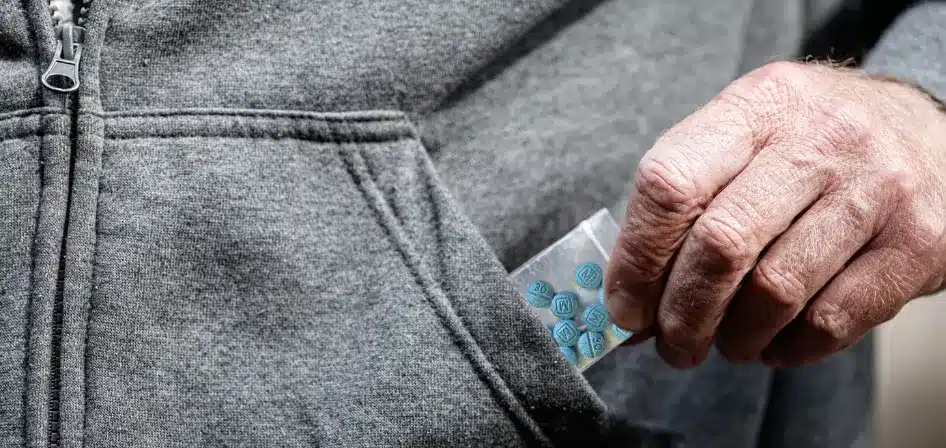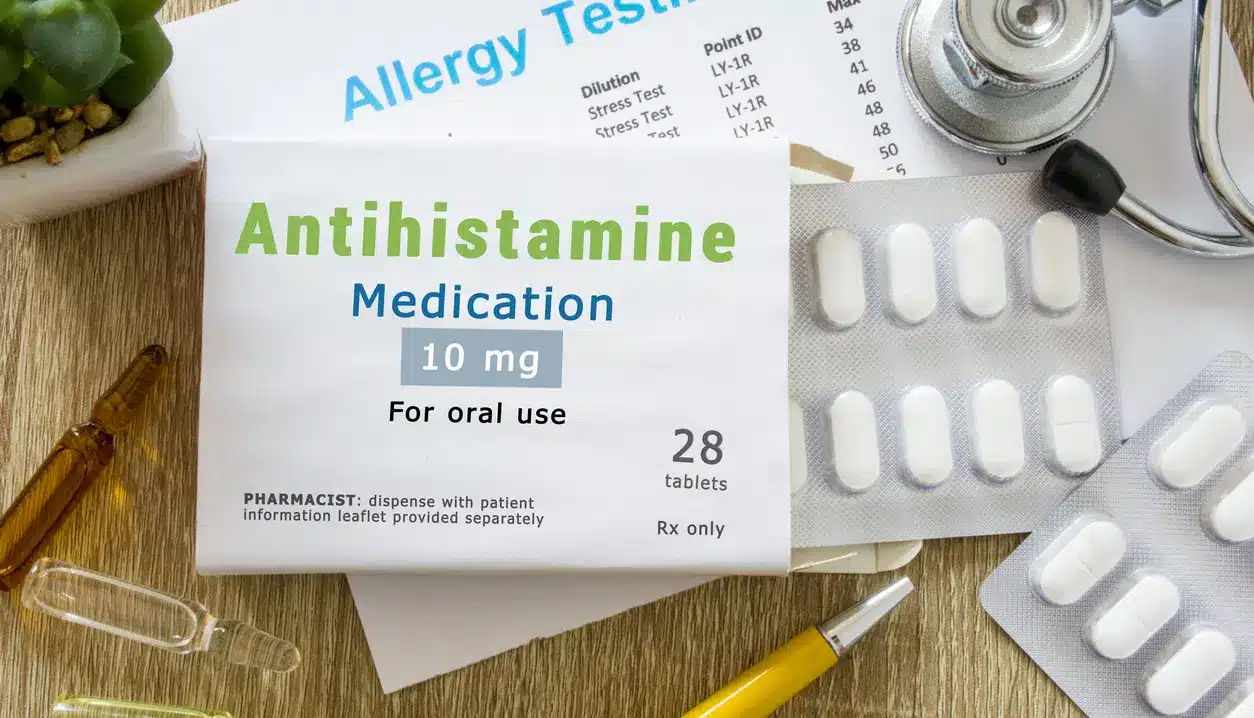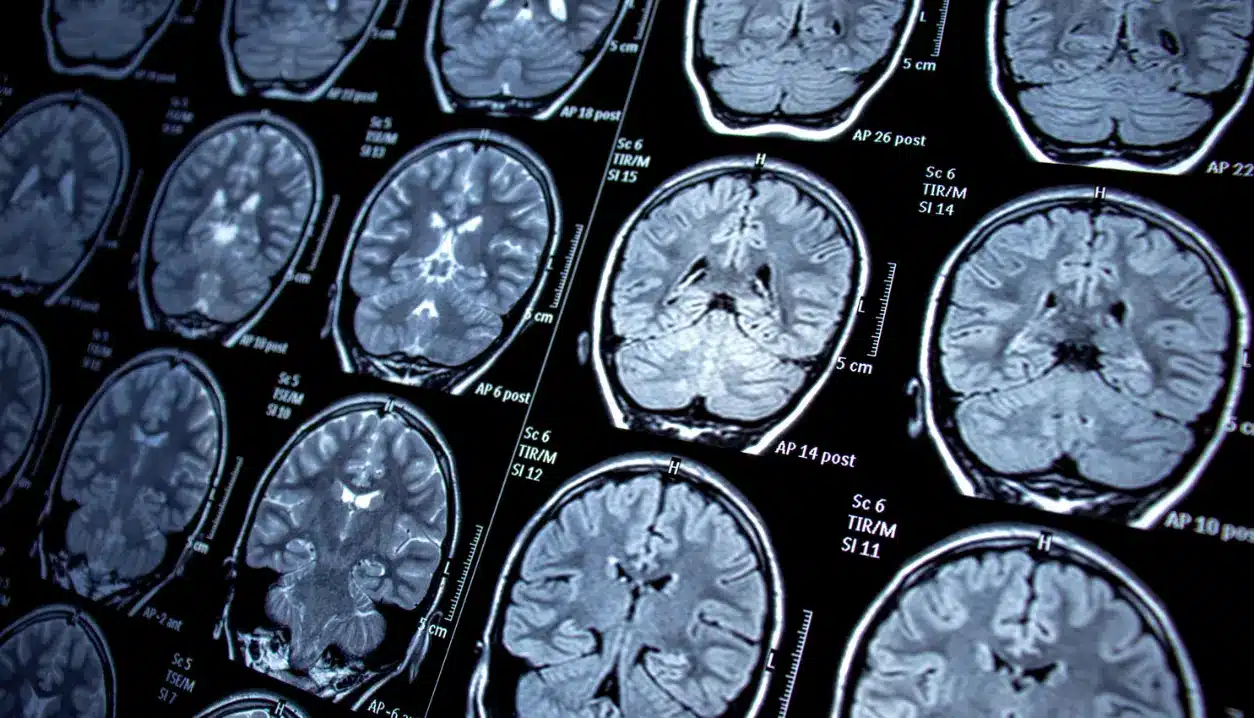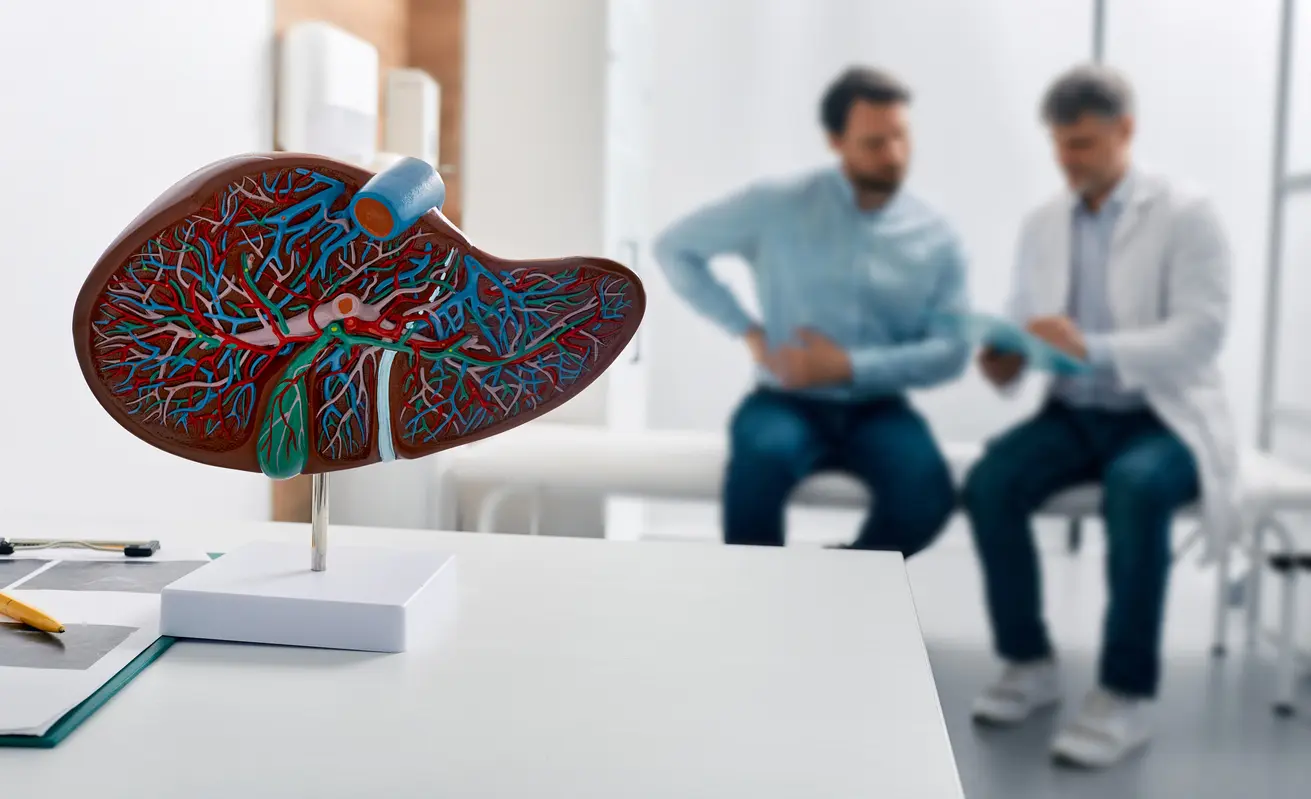Paracetamol Addiction Treatment Rehab
When abused, paracetamol can cause severe health problems. If you're struggling with a paracetamol addiction, our team at Ocean Recovery can help you find the treatments you deserve. Get Help Now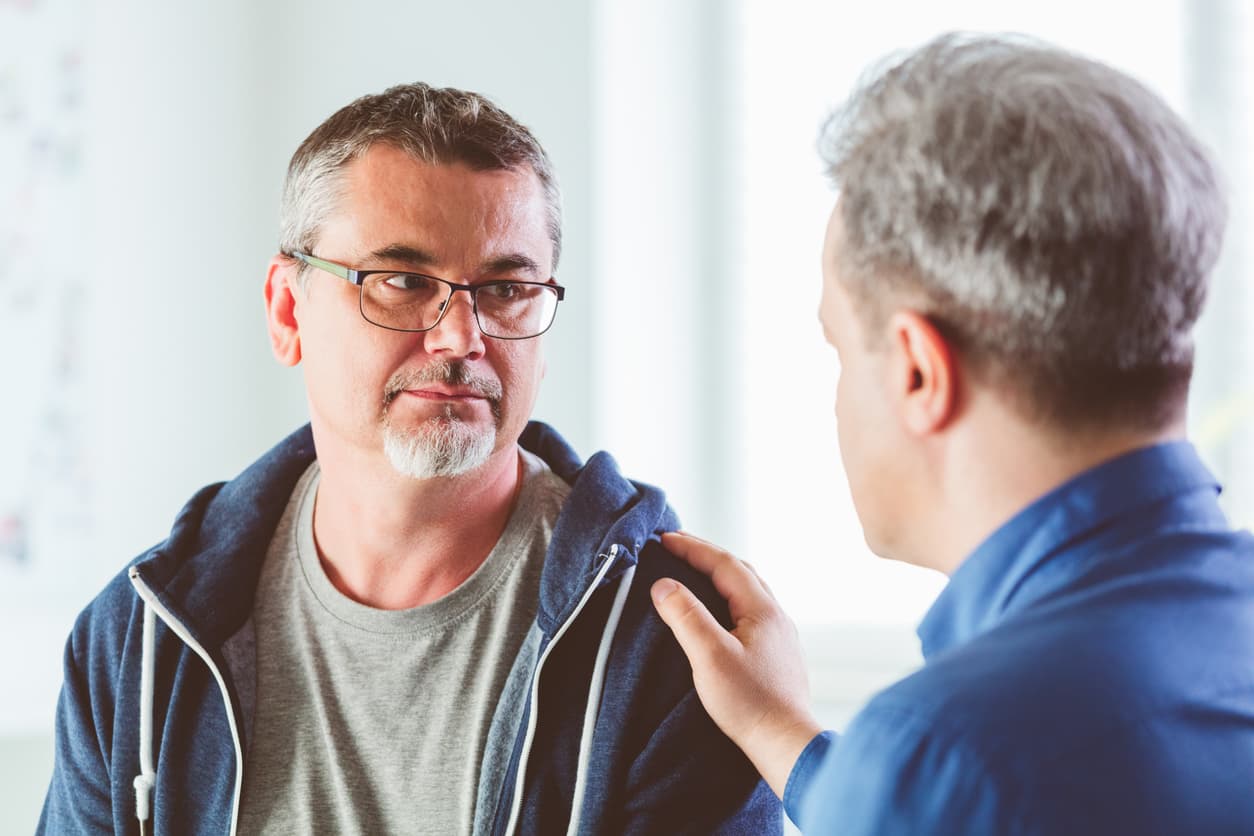
Paracetamol is such a commonly used medication many of us forget that this is a drug which can become very addictive and has a high-risk potential. Typically used to treat mild pain, fever, and colds or flu, there are cases where people intentionally take more Paracetamol than the recommended dose, either by accident or as an act of self-harm.
Any kind of drug carries some risk, no matter if it’s readily available to purchase. Paracetamol can cause side effects that impact everyone differently, so it’s important to take care when consuming any drug. The impact that Paracetamol has on everyone can vary depending on:
- Weight
- Size
- General health
- The amount of Paracetamol that was taken
- Whether other drugs were consumed at the same time
- Whether the person if used to taking Paracetamol
Paracetamol’s common side effects include drowsiness, fatigue, and rashes or itching. It’s also possible to see children suffering from low blood sugar, tremors, and feeling hungry or faint after taking Paracetamol. When Paracetamol is consumed excessively over a prolonged period of time, it can cause some detrimental long-term effects such as tiredness, blue tinge to fingers and lips, breathlessness, liver and kidney damage, and anaemia (low red blood cell count).
Why is Paracetamol Addictive?
It’s possible to develop a psychological dependence on Paracetamol, though some controversy surrounds Paracetamol Addiction as some remain in doubt as to whether it’s an addictive substance or not. Known to be safer than opioids, Paracetamol has a lower risk of addiction, tolerance, dependency, and withdrawal; however, when consumed alongside opioids, there’s an increased chance of drug addiction.
Side effects are very common with Paracetamol abuse as the drug has a narrow therapeutic index meaning the correct dosage prescribed to ease the pain is very close to a toxic dose. Because of this, we need to be aware of the exact volume of Paracetamol that’s consumed and the potential dangers that come with it, such as an accidental overdose.
 Get In Touch
Get In Touch
Are you suffering from Alcohol Addiction and need help? Ocean Recovery is a leading UK based expert in Private Drug and Alcohol Rehab. Find out how we can help by getting in touch with our friendly team today.
Signs of Paracetamol Abuse
It can be much more difficult to identify an addiction to prescription medication than to notice an addiction to illicit drugs. You may notice an increase in consumption of Paracetamol, attempts at buying large volumes of Paracetamol or seeking out numerous prescriptions, attempts to hide the actual intake of Paracetamol, or the Paracetamol being consumed in unusual ways such as crushing or snorting rather than the usual way of swallowing a tablet.
Suppose you’re suffering from an addiction to Paracetamol and attempt to stop ‘cold turkey’. In that case, you’ll likely experience withdrawal symptoms which can begin with terrible headaches and lead to dizziness, nausea, insomnia, and even seizures. Many people overlook the potential risks of Paracetamol abuse; however, the risk of fatal liver damage is a very real possibility. Those suffering from Paracetamol addiction need to seek out professional support immediately.
NHS Vs Private Drug and Alcohol Rehab
It can be an extremely challenging and overwhelming experience when you’re suffering from an addiction. Many people fall into denial about their addiction or simply don’t know who to turn to. You can receive free addiction treatment from the NHS is a key part of having a more positive outlook on recovering from your addiction. The first step is acknowledging your addiction and being prepared to begin your rehabilitation journey.
You can initially speak to your GP, who can refer you to your local drug service, or if you’re uncomfortable with speaking to your GP about this matter, you can approach your free local health service. Seeking out this essential treatment for your addiction is something to feel extremely proud about. Suffering from an addiction isn’t a weakness or something that you should be ashamed of. Taking that step to open up and begin your rehabilitation journey is a very brave action to take.
Once you’ve contacted your chosen treatment centre, whether it’s through the NHS or a private drug and alcohol rehab centre, you’ll likely go through a pre-screening assessment where they’ll review your physical and psychological health before understanding the nature of your addiction in more detail. You’ll then commence your treatment programme, usually with medical drug detox.
In addition to receiving drug addiction treatment from the NHS, various charities and private drug rehab facilities are available to support you. There are significant differences in the treatment programmes provided by free local health services like the NHS and those provided by private rehab facilities. Of course, the service the NHS provides is free, whereas private rehab can be costly.
Time and resources are limited with the NHS, meaning that a personalised treatment service isn’t realistic. Because of this, you’ll receive a generic treatment plan to follow, which you’ll receive as an outpatient, visiting the treatment centre each day to undergo your therapy sessions.
Although private rehab is more expensive than free treatment with the NHS, many more benefits exist. You’ll receive a completely tailored treatment programme with psychological and well-being therapies that will be selected based on your unique needs. You’ll have the ongoing and dedicated support of addiction specialists assigned to guide you every step of the way. You’ll also have the choice to undergo rehab as an inpatient, where you stay overnight at the private drug rehab for the duration of your treatment, or as an outpatient, where you visit the rehab centre each day to receive your treatment.
Both options have their advantages and disadvantages, and it depends on the severity of your addiction and on your own personal circumstances. Overall, private inpatient rehab has produced the highest rate of successful long-term recoveries from drug addiction.
Get the Help You Deserve
Get in touch with your local drug rehab centre to begin your recovery journey. Contact us via our online form or call on 0800 880 7596.
Areas We Cover
See below the list of just some locations our leading drug rehab service covers in the United Kingdom.
- Rehab in Liverpool
- Rehab in Manchester
- Rehab in Birmingham
- Rehab in Nottingham
- Rehab in Glasgow
- Rehab in Cardiff
- Rehab in Bristol
- Rehab in Blackpool
- Rehab in Cumbria
- Rehab in Lancashire
- Rehab in Merseyside
- Rehab in Cheshire
- Rehab in Yorkshire
- Rehab in West Midlands
- Rehab in North East
- Rehab in Surrey
- Rehab in Essex
- Rehab in London
John Gillen
- Author
- Last updated: December 22, 2023
John is one UK’s leading professionals in the addiction recovery industry. Pioneering new treatment techniques such as NAD+ and ongoing research into new therapy techniques such as systematic laser therapy, John is committed to providing the very best treatment for people throughout the UK and Europe. During his extremely busy schedule, John likes to regularly update our blog section with the latest news and trends in the industry to keep visitors to our site as well informed as possible on everything related to addiction treatment.
Dr Robert Lutaaya
- Clinical Reviewer
- Last reviewed: December 21, 2023
MBChB, MSc Psych
Dr Robert Lutaaya qualified in 1995 from Worclaw Medical University as MBChB, and obtained a MSc Psych from the University of Manchester in 2014. Dr Lutaaya has previously worked for the CGL Substance Misuse Service and as an on-call doctor substance misuse Doctor for 17 years before joining Ocean Recovery. Dr Robert Lutaaya is committed to helping those struggling with alcohol and drug addictions.
Request A Callback
Enter your phone number and a member of our team will call you back to discuss your recovery.
Contact Us
For more information please get in touch using the information below
Call: 01253 847 553 Send us a messageDownload Our Brochure
For more information about the addiction services that Ocean Recovery offer, download our brochure.
Download our brochureDo I need help?
A lot of people are unsure if there are suffering from addiction. Take these tests to find out if its effecting you without your knowledge.
Select your test and find out more
Drug Addiction Resources
Our Centre
Rehab In Northern England

Google Reviews
4
Tel: 01923 369161
Email: info@oceanrecoverycentre.com
Address: 94 Queen's Promenade, Blackpool, FY2 9NS
View CentreOur Partnering Centres
Rehab in Scotland

Google Reviews
5
Tel: 01475 303998
Email: info@novarecovery.com
Address: 10-12 Scott St, Largs, North Ayrshire, KA30 9NU
View CentreRehab in Greater London

Google Reviews
4.5
Tel: 01923 369 161
Email: info@cassioburycourt.com
Address: Cassiobury Court, Richmond Drive, Watford, Herts, WD17 3BH
View CentreRehab in the Midlands

Google Reviews
4.5
Tel: 01908 489 421
Email: info@asanalodge.com
Address: 48 Moorend Rd, Yardley Gobion, Towcester, NN12 7UF
View CentreOur Blogs

How to Commit to Sobriety
If you are suffering from alcohol addiction or substance misuse issues, it can be very difficult to overcome. Sobering up in the first place can be a major challenge, but recovery is not a single step – it is an ongoing process. Committing to sobriety means making a serious and continuing effort to stay away

Life After Addiction: How to Cope With Survivor’s Guilt
Recovering from addiction is a very personal journey, but something many share is a sense of achievement and renewal. On the other side of the coin, for many individuals who have walked this path, the joy of recovery can be accompanied by an unexpected emotional burden – survivor’s guilt. And this feeling (which is commonly

What Does Ketamine Do to Your Bladder?
Ketamine, in the context of recreational drug abuse, can have severe effects on our bodies – with one of the major organs impacted being the bladder. But what does ketamine do to your bladder? And why is it so serious? Find out the answer to this question and more below. What Is Ketamine? Ketamine is

The Link Between Alcohol and Chest Pain
The UK is known for its drinking culture, and many people use alcohol – often to excess. It’s estimated that 24% of adults in England and Scotland regularly drink over the Chief Medical Officer’s low-risk guidelines, while 27% of drinkers in Great Britain binge drink on their heaviest drinking days. Alcohol is linked to a

Methamphetamine Mouth: Signs, Causes & Risk Factors
The UK and USA are two of the biggest drug-taking nations in the world. Both countries have problems with drug addiction among the population and indulge in similar substances such as cocaine, opiates and meth. Although meth use isn’t as common here in the UK when compared to the US, tens of thousands still use

Are Fentanyl Deaths Rising in the UK?
There has been significant concern that the number of fentanyl-related deaths in the UK has recently been on the rise. In this article, we assess whether fentanyl is a widely used drug in the UK and how many people have died as a direct result of fentanyl use. What is Fentanyl? Fentanyl is a powerful

Can You Get Addicted to Antihistamines?
Antihistamines are medications commonly used to treat the symptoms of allergies, including hay fever, conjunctivitis, hives and reactions to insect bites and stings. They also have a number of other legitimate uses, such as treating nausea and sickness, motion sickness and insomnia. They can also be misused, particularly in forms that can make you feel

What is Wet Brain?
Alcohol abuse can lead to numerous health problems, and sadly, some of them can be severe and life-threatening. One of those conditions is known as “wet brain,” an informal term for Wernicke-Korsakoff Syndrome (WKS). This syndrome is a serious brain disorder, which is caused by a deficiency of thiamine (vitamin B1), and it’s often linked

Alcohol and Panic Attacks: Is There a Link?
When we drink alcohol, it can definitely cause some feelings of anxiety. But can they cause something more significant, like a panic attack? This question is one that many want an answer to as they work on understanding their personal relationships with alcohol and mental health. This blog explores whether there is a genuine link

How to Repair a Damaged Liver from Alcohol
.The liver, one of the body’s most vital organs, plays an essential role in processing nutrients, filtering toxins, and supporting overall health. Unfortunately, excessive alcohol consumption can severely damage this important organ. Understanding the impact of alcohol on the liver and recognising the signs of damage are the first steps towards recovery. This article explores






